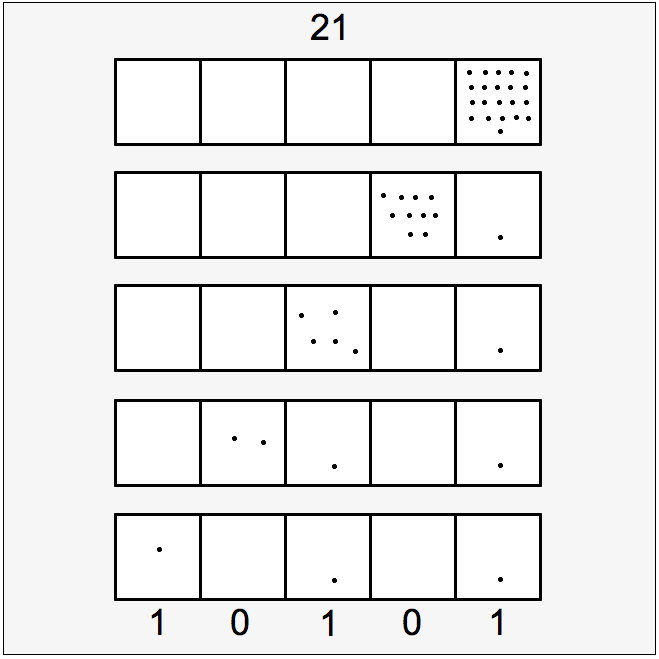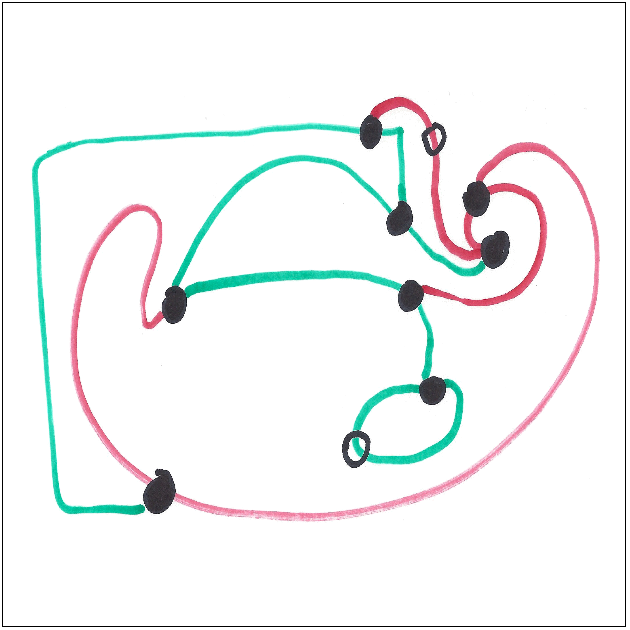5280 Math Content Guide
GRADE 4
CMP Content Guide: Intro Grade 1 Grade 2 Grade 3 Grade 4 Grade 5 Grade 6 Grades 7 and 8
Suggestions for Getting Started
Click on a prompt to get either (1) an enlarged pdf that you can display or copy, or (2) a page of supporting notes. I am working on writing supporting notes for every prompt, but this will take time. Feel free to request prompts that you would like me move to the top of my list!
Notice that Creative Math Prompts do not have directions. You and your students decide what questions to ask. Prompts that have supporting notes will give you some ideas, but don’t be afraid to explore the prompts that don’t have notes yet!
Watch for prompts that make connections across topics. They appear in more than one content category.
Explore beyond your grade level. Depending on your students and your curriculum, prompts from one or even two grades before or after the grade you teach may sometimes work better than the ones listed here! Also, the prompts are very open-ended, so you may be able to continue using prompts that have already been used by teachers at earlier grade levels!
Read about tips and suggestions for Using Creative Math Prompts.
Please contact me if you have a new idea for a Creative Math Prompt, especially for the few content areas that lack one. I will give you credit!
CONTENT
CREATIVE MATH PROMPTS
Algebra
multiplication patterns and facts; multiples; multiplication-division connections; true/false/open sentences; parentheses
Decimal Place Value (to thousandths)
estimate, compare, and order; add and subtract; metric measurement
Multi-digit Multiplication
extended facts; estimate sums and products; distributive property; strategies and algorithms; large numbers and powers of ten
Division of Whole Numbers
concepts; strategies and algorithms; connections to multiplication; number stories; interpreting remainders; connections to fractions
Fractions
fractions of sets; connections to division; equivalent fractions; mixed numbers; writing fractions as decimals; resetting the ONE (the whole); multiplying fractions by whole numbers (whole number multiples of fractions)
Area
estimating “messy” area; area formulas for rectangles, parallelograms, right triangles; relating area and perimeter; scaling drawings
Reflections and Line Symmetry
identifying and drawing reflections; identifying line symmetry; frieze patterns;
Please share any ideas you may have for this content area!
Three-dimensional geometry
weight; categorizing and constructing solids; volume concept; volume of rectangular prisms
Please share any ideas you may have for this content area!
Negative Numbers
exploring patterns that lead to negative integers and basic operations on them (addition and subtraction)
Exploratory proportional reasoning
fraction, decimal, and percentage connections; multiplying and dividing decimals; rates and rate conversions



















